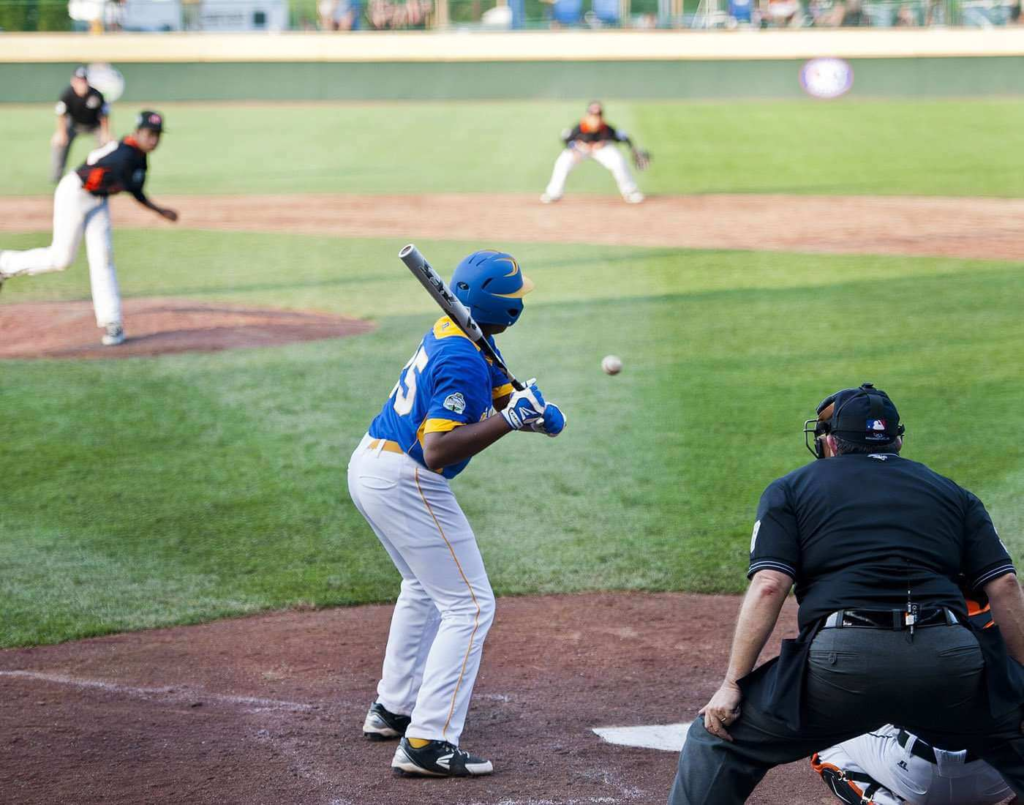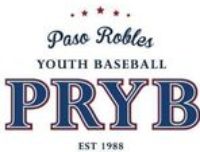Apart from talent, are there clear advantages of one baseball team over another? Baseball experts have long argued home field advantage. Another way to ask the question: Which team beats first in baseball? Does this element affect the outcome of the game?
The visiting team always beats first and in the top half of every inning.
The beauty of baseball is not just the thrill of a home run or double play. A fan must recognize the nuances and history of the game to enjoy a full nine innings.
The story of the first inning at the plate
The first hit of the visiting team was not always the de facto standard. It wasn’t until the early 20th century that officials required the visiting team to bat first. Before that, teams had a choice. Home teams viewed the first beat as a tactical advantage. A calculated example, confusing the opposing pitcher in front of an amused crowd.
As time went on, managers saw more strategic value in the last whistle of the game. The last chance to score far outweighed the short-term benefit of the first strike.
Franklin Lowenthal and Stephen Shmanske, researchers at California State University, considered any advantages a team getting on first in a game has. They found that the home teams won most of the time, but not by an overwhelming margin. In fact, visiting teams that repeatedly played on neutral fields had higher winning percentages, such as in the College World Series.

Theodore Turocy, a baseball fan who specializes in game theory, says that home teams win more baseball games, not because they play last. They win because the team feels comfortable in their environment.
In neutral park games in Major League Baseball, officials decide in advance who will be the home team, usually by flipping a coin. There are times when the visitors are considered the home team and play last. For example, when a game is moved to the visiting team’s field for non-baseball reasons.
Home field and the postseason
During the regular season, each team has an equal number of home and away games. In the postseason, the team with the better record gains home-field advantage. Until 2003, the World Series alternated between representatives of the American and domestic leagues. Starting in 2004, officials awarded the World Series to the league that won the all-star game. The collective bargaining agreement finally changed this practice after 2017. Awarding the World Series to the team with the best regular season record.

Is there a home-field advantage in baseball? Yes and no. In all games, including the playoffs, home teams have a .550 winning percentage at home and .450 on the road. Since 1903, only seven teams have achieved a winning percentage of .700 or higher. The Seattle Mariners accomplished this in 2001 with a .716 mark.
Most fans of the game assume that having home field advantage during the playoffs means the club is headed to the World Series. Not so fast. Jason Catania of Bleacher Report conducted an unscientific investigation in 2013, measuring how important home field was for teams in the playoffs. From 2003 to 2012. Home teams won only 51% or 37 of 70 series.
There is an unquantifiable factor that says home field is an actual advantage, and not just in the fact that bat last. According to Chris Gorski, editor of InsideScience, home teams lead visitors in every statistical category.
However, compared to other major sports, the winning advantage is smaller. There are reasons for this anomaly; most say it is the era of specialization.
Home teams organize their defense, pitching and offense to fit their individual playing fields. The visiting teams can now make the same adjustment and specialization, thanks to player data and analysis. Reducing any advantage, the home field can have.
Every team has a shot at home field in postseason baseball. If a team is a contender for postseason play, the goal is home field throughout the playoffs. In a short five-game series, every at bat, hit and pitch count is overshot. Challenged visiting teams can quickly change the pace by scoring a few runs in the first half of the game. Baseball is a game based on momentum, strategy, cunning and putting the opposing team on its heels.
According to RetroSheet, going back 146 years and 377,340 games through 2016, the first inning has more runs scored than any other. RetroSheet documents the percentage of runs scored in the entire game, with the first inning being the most prolific, accounting for 30% of all runs in the entire game.
In any sport, from the pee-wee leagues to the majors, there is no comparison for a player’s pure acceleration. A fast leadoff hitter disrupts everything the other team wants to accomplish. The opposing pitcher must watch out for the runner approaching second. The defense must change its immediate scheme for that one player.
Taken at face value, 30% is just another statistic. But baseball is built on tradition, breathtaking achievements and statistics. Knowing the impact of scoring in the first inning, managers construct their lineups to take advantage of this dynamic. The home team has many advantages. An astute visiting team manager knows his players and competition. Scoring in the first round can often mean victory.
First-round players and the order of strokes
It’s the beginning of the first round, and the leadoff player is approaching the goal. The typical leadoff hitter at the top of the lineup is one of the strongest players on the team. His only goal is to get on base, no matter how he does it.
Big league players have the best athletic traits. When playing first, a player should have a high on-base percentage, bat control and excellent acceleration. Base stealing, which used to be a prerequisite for this position, has lost its luster in recent years.

The manager sets the batting order so that the top four hitters and sluggers go to the plate as often as possible. In the early days of baseball, there was no set order on who came to the plate. Any player who was not on base was allowed to hit. Only at the beginning of the turn of the century were clubs instructed to declare a set batting order.
Play ball
Baseball is a game of speed, control, power and strategy. Each team has an advantage and disadvantage when batting in its half of the inning.
Advantage:
- Leadoff hitter has plenty of adrenaline flowing.
- Any hitter in the top of the first inning will see the pitcher’s best stuff. Spotting reports is essential to first inning success.
- The manager manipulates the batting order to exploit the weaknesses of opposing pitchers.
- The hitter who hits first has a unique advantage if he has never faced a pitcher before.
- A loud home crowd often motivates the better clubs and players.
Disadvantages:
- The home field advantage is undeniable, backed by mounds of data.
- The home team knows its park and knows where the fences are.
- The home team does not have to deal with the hardships of travel.
- Home crowd.
- The players have confidence in their home field advantage.
What teams do fans want to watch the most?
Baseball fans are ardent supporters of their local teams. Devoted fans will show up at the stadium no matter who is playing. However, baseball fans are like everyone else. They want to see the best players on the strongest teams. SeatGeek has compiled a list of the five most popular visiting teams, according to the increase in ticket demand.
- Chicago Cubs
- New York Yankees
- Boston Red Sox
- Los Angeles Dodgers
- St. Louis Cardinals
Another great baseball tidbit: the Chicago Cubs increase ticket demand by 67% for every stadium they visit, far outpacing the other four teams.
Related questions
How important is the starting field in the playoffs? Of the four major sports, NFL, NHL, NBA Major league baseball does not draw from the playoffs. The crowd, the possibility of the last hit and other factors do not increase the winning percentage. In the early stages of the playoffs, home field is a lesser advantage.
Who was the most colorful figure in baseball? This list would never end, time permitting. John “Mugsy” McGraw, a member of the Baltimore Orioles from 1894-1896, had a win-at-any-cost mentality. In the early years of baseball, outfielders would hide balls in the grass and runners would steal home from second base. Mugsy played third base and hooked his finger in the opponent’s lanes when the umpire wasn’t looking. Holding on to the jerseys was another trick. Standing just 5-foot-7, Mugsy would spray tobacco juice on the balls while arguing the play.
Experts believe the home field is the biggest advantage in any sport. In the modern era of competition, athletes have become bigger, faster and smarter about the game they play. High school players are emerging in the big leagues, ready to challenge the veterans. Many baseball players have phenomenal athletic talent. Few of them understand and study the intellectual side of the game.
